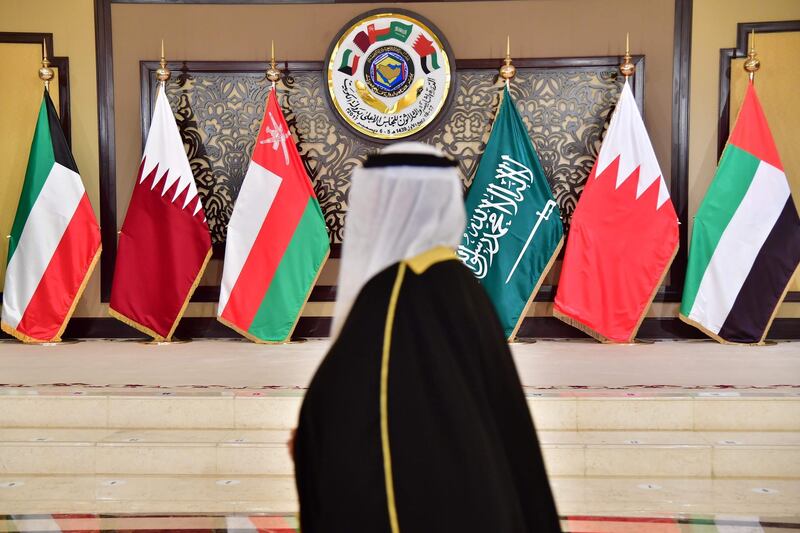The Qatari Emir Sheikh Tamim Al Thani will not be attending the 39th GCC summit in Riyadh, Saudi officials have said, all but ending speculation that a solution to the 18-month crisis between the member states could be in sight.
Barring an 11th hour change of plans, Qatar will be represented by Sultan bin Saad Al Muraikhi, the country's Minister of State for Foreign Affairs.
The emir's decision not to attend comes as no surprise to Saudi Arabia, UAE and Bahrain – the GCC members who have severed diplomatic ties with Qatar.
The Foreign Minister of Bahrain, Khalid bin Ahmed Al Khalifa, criticised the emir's decision not attend.
"It would have been preferred for the Emir of Qatar to accept the earnest invitation and attend the summit," he tweeted.
Along with Egypt, they have demanded policy changes from Qatar before they resume dialogue.
Officials from the boycotting states have said that a solution could be found "in Riyadh," heightening speculation that mutual concessions could be made at this year's meeting.
Saudi King Salman, who will preside over the meetings, sent a letter of invitation to his Qatari counterpart, a gesture largely interpreted as a necessary protocol rather than an olive branch.
There had been speculation that the invitation could have been a face-saving mechanism that might lead to a resolution to the standoff.
Bahrain's Foreign Minister criticised the Emir of Qatar for not attending the summit in Riyadh in a tweet.
"It would have been better for the Emir of Qatar to accept the just requests and present himself to the summit," Sheikh Khalid bin Ahmed said.
In 2014, another diplomatic dispute with Qatar was resolved when the late Saudi King Abdullah invited the Gulf countries to the capital and a decision was made to resume ties with Doha after an eight-month standoff.
Kuwaiti officials are still hopeful that the conference will be an opportunity to advance their mediation efforts.
Officials from the boycotting states however insist that dialogue will only resume after Qatar changes its foreign policy, which they claim is reckless.
The representative of Oman, Fahad bin Mahmoud Al Said, Deputy Prime Minister was the first to arrive in the Saudi capital. The official has represented Oman in the GCC for several years.
Shortly after his arrival, and welcome by King Salman, the Emirati delegation landed in the King Salman Hall led by Sheikh Mohammed bin Rashid, Vice President of the UAE and Ruler of Dubai. He was accompanied by Emirati Foreign Minister Sheikh Abdullah bin Zayed. The Emirati delegation was received by King Salman on the runway at the Royal Airport.
The Emir of Kuwait, Sabah Al Ahmed, who has served as the chief mediator in the crisis and last hosted the summit, arrived shortly after. He was accompanied by a delegation of ministers including, Sheikh Sabah Al Khalid, Deputy Prime Minister of Kuwait.
_______________
Read more:
All eyes on Qatar ahead of 39th GCC summit
Qatar 'isolating itself' as GCC countries get ready to meet in Saudi Arabia for summit
[ Qatar will withdraw from Opec on January 1 ]
[ Qatar receives GCC summit invitation letter from Saudi King Salman ]
[ The GCC continues to function, despite Qatar: Gargash ]
_______________





